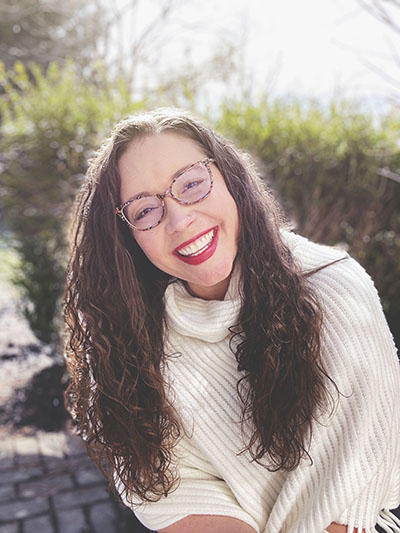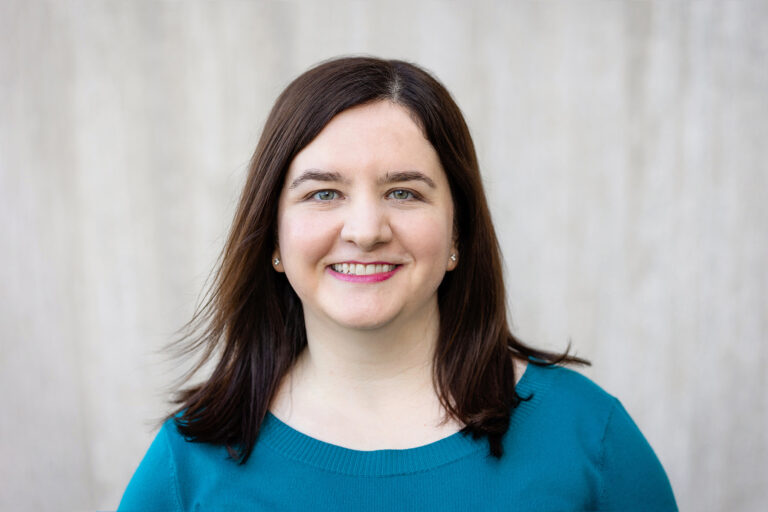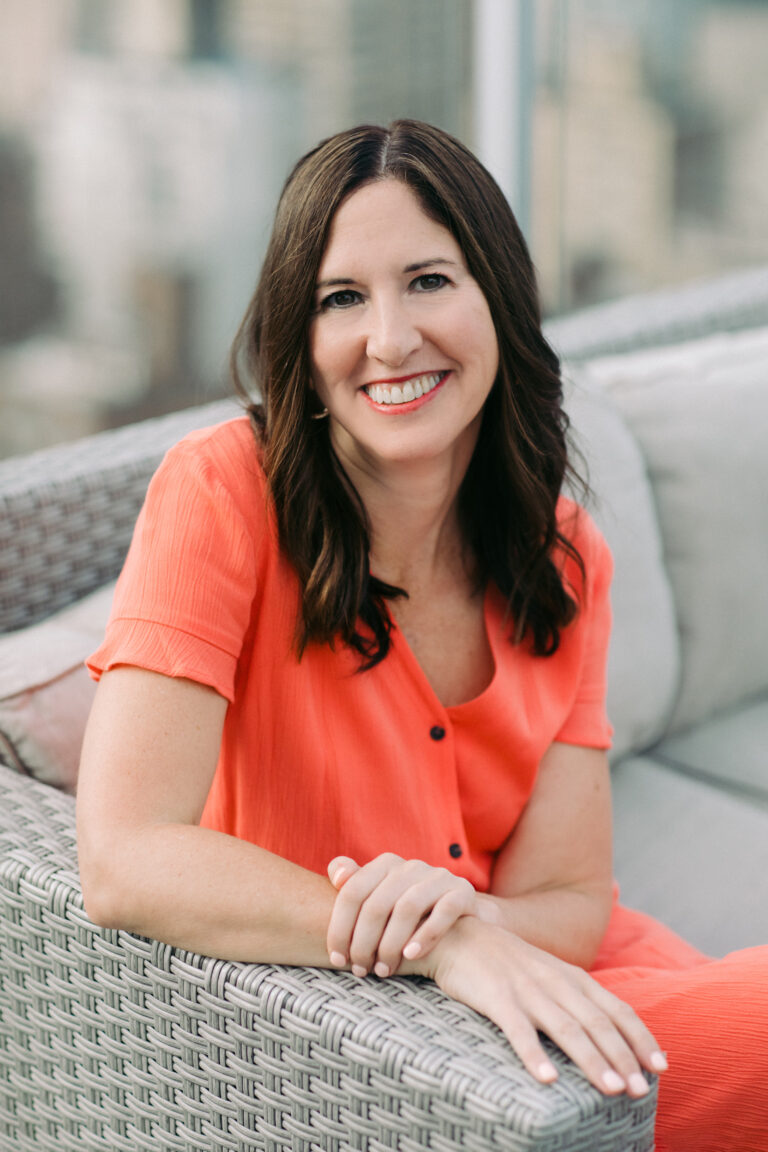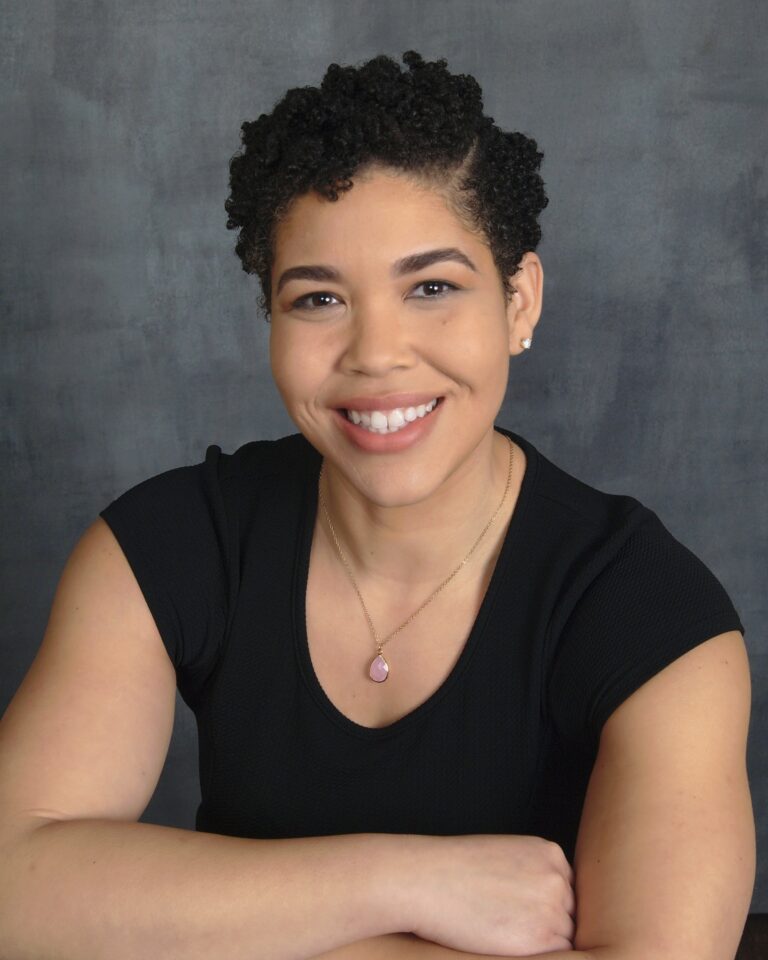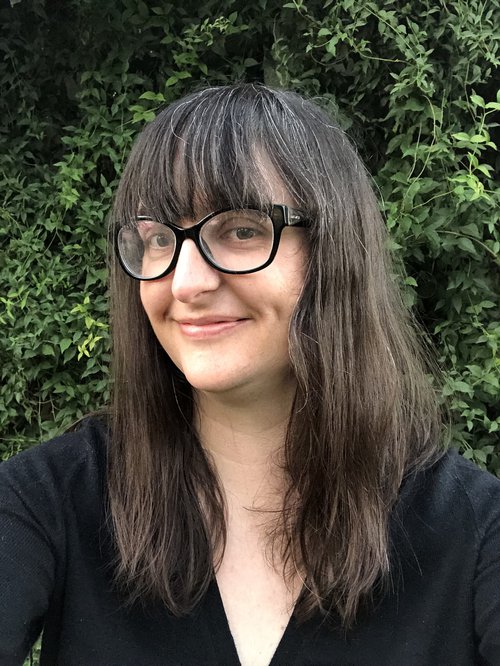Q&A with Carmen Catena

Today’s post is really fun because I’m doing a Q&A with my friend Carmen! Not only is Carmen a fantastic gothic horror writer and mom, but she is also a book coach and editor!! Carmen and I met about a year ago through Jamie Attenberg’s #1000wordsofsummer, which led to us becoming friends and critique partners. She is the only person I willingly will be frightened for.
I didn’t do an official testimonial for her editing services because we are such good friends and it might seem a little biased BUT this is my unofficial testimonial – CARMEN IS THE BEST. If you are looking for a book coach / editor to work with, you will not find a better person. Hands down. She is so smart and thoughtful. She gives amazing notes and asks thought provoking questions. She is incredibly well read AND loves helping with world building, character development, plot. We’ve been trading work for almost a year, and I can’t even begin to explain how much I value her feedback. So basically, she’s the best and everyone should want to work with her.
So I thought it would be fun to do a little q&a and talk about all things editing!
What are the most important things to know about self editing?
First, TAKE A BREAK. Seriously, step away from the ms after you’ve completed your first draft. Celebrate! You just did something that not many people can say they’ve done. Work on another project. Flex your creative muscles by trying short stories, CNF, or poetry. READ. I love the time between projects to read as much as I can. I also love to do other creative things that aren’t writing, like coloring, sketching, knitting, photography, baking, etc. But I recommend a month off from that ms. Try not to think about it, even!
There’s a reason behind this. In order to optimize your self-editing, you need to gain distance from your work. Distance will help you evaluate it as objectively as possible. As the creator, you’ll never completely distance yourself from it (that’s where outside readers and editor come in), but 4-6 weeks should be enough to self-edit.
Then, work big picture to small. Do not start tinkering with word choice and sentence flow until you’ve nailed down the structure, character arcs, and plot of your story.
I recommend starting with character. In my opinion (and there are other opinions on this!), character is the axis around which story revolves. So, tighten up the GMC of your protagonist and other main characters—including the antagonist! If those are solid, then plot and structure should be much clearer.
What are some benefits of hiring an editor?
Everyone needs outside perspective to their work. We, as the creators, are too close to it to evaluate it 100% objectively. Can it be done? Are there writers out there who produce great writing without it? Sure. But they’re the exception, not the rule.
Beta readers, critique partners, and writing groups are free and should be used before you pay for anything. Not only can they give you an outside perspective, but the relationships you can build through these connections can do wonders for your creative life.
However, sometimes you do need a professional, trained eye on your work. And that’s where an editor comes in. A developmental editor is trained in the craft of fiction and should be well-read in the genres they accept, so that their feedback is rooted in craft as well as reader expectations for the genre. It’s not based on their opinion.
If you’re planning to query for traditional publishing, you do not need to hire an editor. Your CPs/beta readers should be enough to get you there, and one of the benefits of traditionally publishing is getting an editor on your team. If you’re planning to self-publish, however, you absolutely need to hire an editor. You create your own team when you self-publish.
When should you hire an editor?
After you’ve taken the story as far as you can on your own, and AFTER you’ve worked with beta readers and/or CPs. That way, you can hopefully smooth out the biggest issues and clear the way for the editor to do their best work.
For anyone who might not know, what is a book coach?
From idea to complete manuscript, a book coach guides a writer through the process of writing a book. Just like a sports coach gives on-the-spot feedback on an athlete’s form and performance, a book coach provides real-time feedback meant to improve not only the work at hand but you as a writer. A book coach can work with you on idea development, outlining, drafting, and/or revising.
When would hiring a book coach be most helpful?
I would say anytime you want to improve. You can get long-term accountability and feedback from a CP and/or writing group (and I highly encourage it), but a writing group isn’t there just for you, and a CP is probably going to be just as busy as you are! A coach is 100% for you and you alone. That kind of focused attention is invaluable. Plus, like a good editor, they’re trained in the craft as well as how to work with writers.
What are your favorite things to work on (character development, plot, pacing, etc)? And what genres?
Character is my absolute favorite. Character is why we read fiction, it’s what makes the most memorable fiction. I love GMC, because those elements together are what makes a character, and therefore a story, work.
So, it’s no surprise that I love character driven fiction! Women’s Fiction, Romance (contemporary/romcom in particular), upmarket/book club fiction, select historical fiction, anything Gothic, and anything with an element of mystery or suspense.
I also love structure. It’s like a puzzle and when all the pieces fit, it allows the story to come to life.
What can people expect when they work with you?
-It’s just as important to know what’s working as what needs work. I do not hold back when I love something!
-I make A LOT of comments. My MSs are littered with reaction comments as well as editorial comments.
-That being said, all of my comments are suggestions. They are all rooted in craft as well as reader expectation for the genre, but they are still suggestions. You are the author, this is your work, you know it best—take what advice resonates and leave the rest.
What are some of your top tips?
My top tip if you’re looking for an editor or book coach:
-take advantage if they offer a free sample edit and/or a free consultation. Dev editing and book coaching are substantial investments of time (for the editor/coach) and money (for you), so you both should do as much as you can to ensure it’s a good fit for both parties.
A sample edit for a developmental editor is approached differently than a copyeditor would. A dev editor won’t be able to give much in the way of craft feedback on a handful of pages, without knowing the full arc of the story, but it can be a good way for you to see their style of feedback.
Visit Carmen’s website for more on her & her services. You can also follow her on instagram (@catenaedits) and twitter (@carmcatena).

